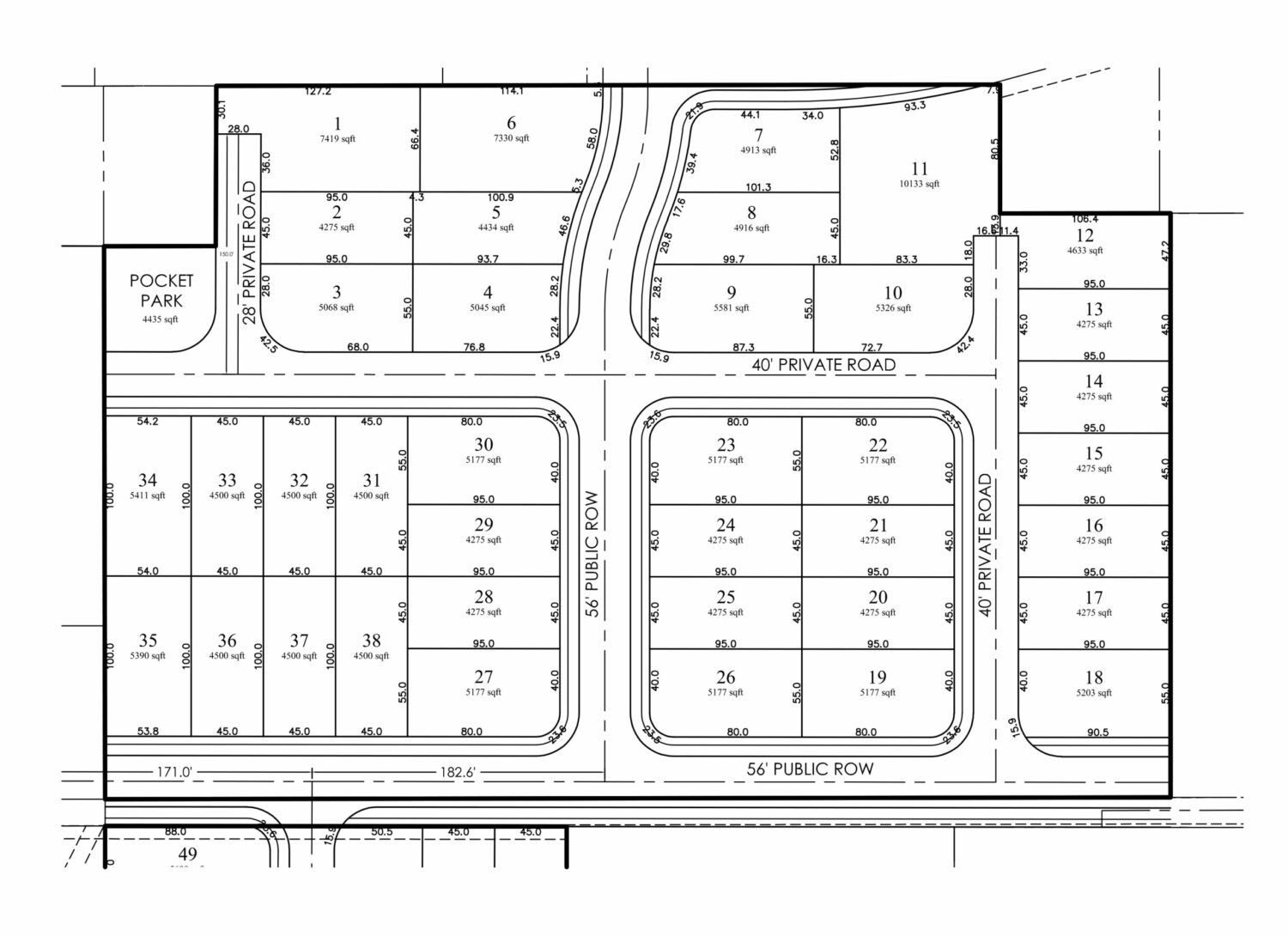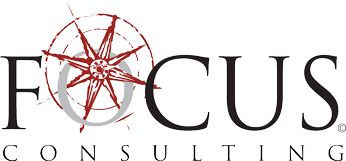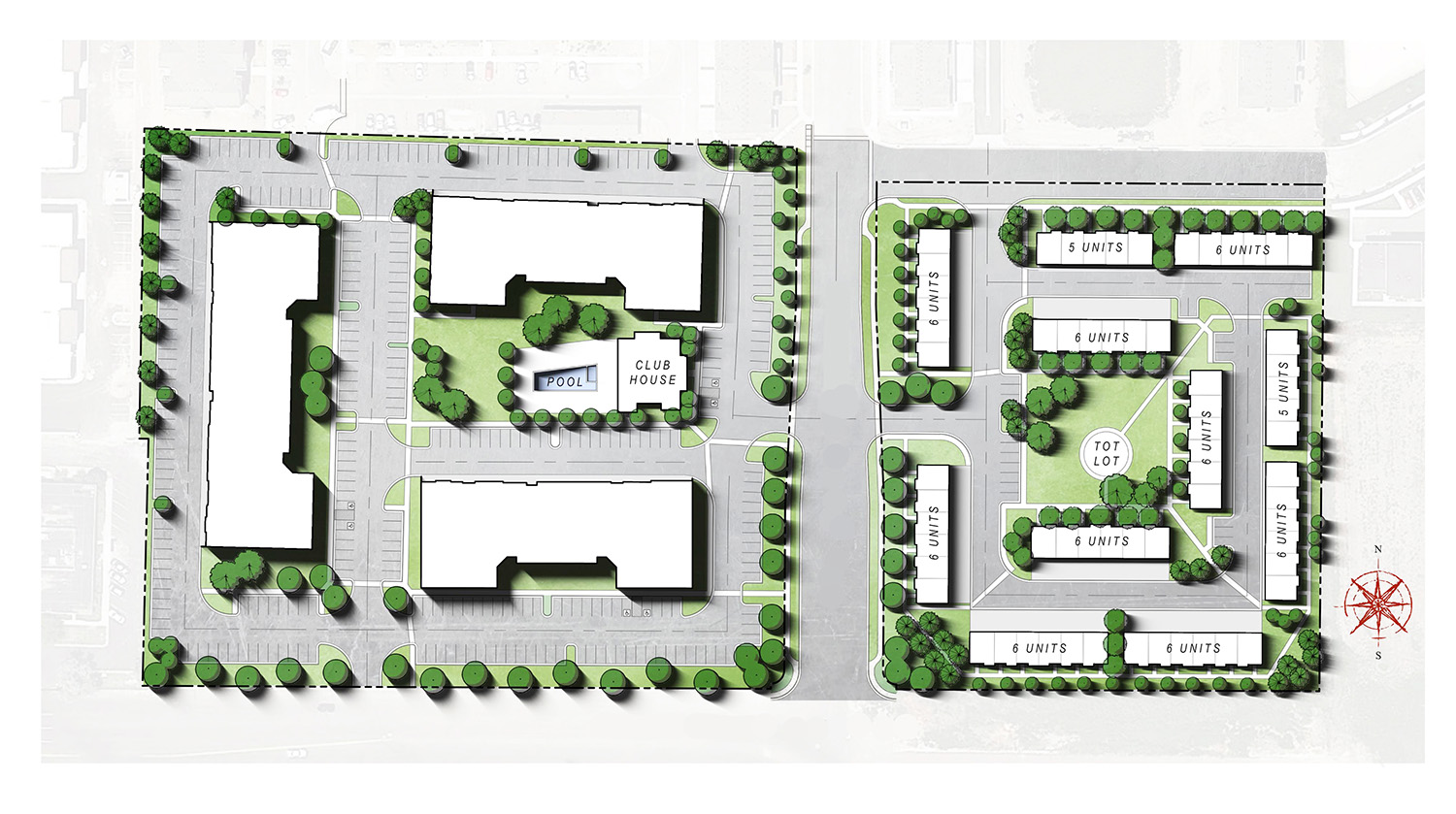
Design Matters: The Value of Concept Plans
An Important First Step for Site Development
When developing a project site, an important step in delivering useful engineering plans is the creation of project concept plans. Created during the early stages of a project, concept plans are drawings or technical documents that show how the site could be developed.
An Overall Vision of the Project
While concept plans include varying amounts of detail, they are often simple, basic, and easy to understand. This simplicity allows for the creation of multiple iterations relatively quickly based on client and stakeholder feedback. Concept plans vary in terms of the visual aesthetic and the amount of information they contain. Sometimes they require very engaging, color-rendered plans with numerous details. Other times the plans are quite simple with minimal detail, only providing information such as an estimated lot/unit count for the project. Usually, concept plans are somewhat loose in nature, allowing for flexibility in future designs and the process of quickly vetting ideas to ultimately arrive at a preferred plan for detailed engineering design.

Residential development concept plans are critical to understanding the number of lots that can be created
Identify Issues and Challenges
For site development, concept plans allow for quickly identifying potential issues and overcoming challenges through multiple plan revisions, rather than moving forward with a full engineering design that may require future revisions. “Not every deal is going to ‘pencil’ or make sense for the client,” explains FOCUS Landscape Architecture/Land Planning Department Manager Seth Vance. “Our concept plans help clients make informed decisions to purchase, or not purchase, any given property based on the information we provide them about how many lots or units they can develop.”
One example of this was for a townhome project in Pleasant Grove. We worked with the client on several different iterations to maximize the yield on a difficult property, and they ultimately decided not to move forward with the project because they could not get to the number of units needed for the sites. In this case, FOCUS concept plans provided extreme value because we quickly helped our client decide to not purchase the property, which potentially saved him from future costs and challenges.
Collaborative Planning
At FOCUS, although each conceptual plan we create is unique, we are careful to maintain a consistent level of useful information on our plans, providing our clients valuable data about the project site and concept design. Our concept plans are based on real information and topography, and our planners and engineers collaborate, ensuring buildable developments. Seth asserts, “We believe our clients benefit from our concept plans because of our quick turnaround time and thoughtful designs based on real-world information and experience.”
FOCUS not only has an in-house planning team that develops the concept plans, but also a full-service engineering team that delivers final engineering designs—allowing for internal collaboration and a seamless transition from concept plan to engineering within our own team.



Leave a comment
You must be logged in to post a comment.